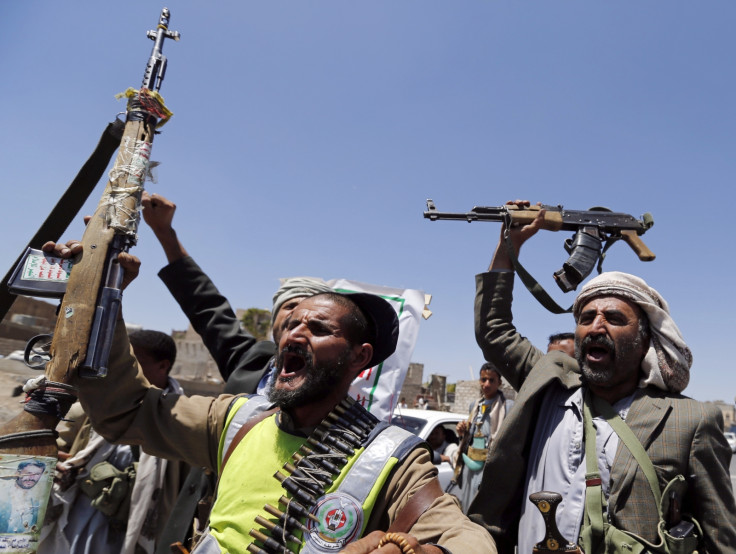Yemen Prime Minister Mohammed Basindwa Resigns as Rebels Take Control of Government Headquarters
Escalating violence caused 140 deaths so far, according to Yemen agency

The prime minister of Yemen, Mohammed Basindwa has stepped down following escalating violence which has left over 140 people dead, according to the state agency.
"I have decided to tender my resignation from the government out of concern, and to pave the way for any agreement reached by the leaders of the Ansarullah (Houthis), and Abd-Rabbu Mansour Hadi, president of the republic," Baswinda said.
The SABA news agency said it was not clear if his resignation was accepted by the president.
Basindwa has been in office since February 2012 and has been the target of strong criticism for his inability to deal with the country's pressing problems.
There were clashes in the capital on Sunday between Shia Houthi rebels and pro-government forces, according to an AP report.
Shi'ite rebels, known as Houthis, took control of a key military base and Iman University on Sunday afternoon in the capital Sanaa, according to military officials. The university is seen as a bastion of Sunni hard-liners and a recruitment ground for militants.
The Houthis have been pressing for a change of government and what they see as a fair share of power.
Okay. Houthis made their point. Now get signing and stop fighting.
— Jane Marriott (@JaneMarriottFCO) September 21, 2014
The rebels also claim to have taken over government headquarters, key ministries and state broadcasters.
President Hadi has described the rebel offensive as a "coup attempt" in a BBC report.
The Defense Ministry and the General Staff issued a joint statement calling on military units in Sanaa and nearby areas to remain at their posts, be on high alert and safeguard their weapons and equipment.
The violence continued despite the UN envoy to Yemen, Jamal Benomar, stating that an agreement on Saturday to halt the violence was under discussion.
© Copyright IBTimes 2025. All rights reserved.




















